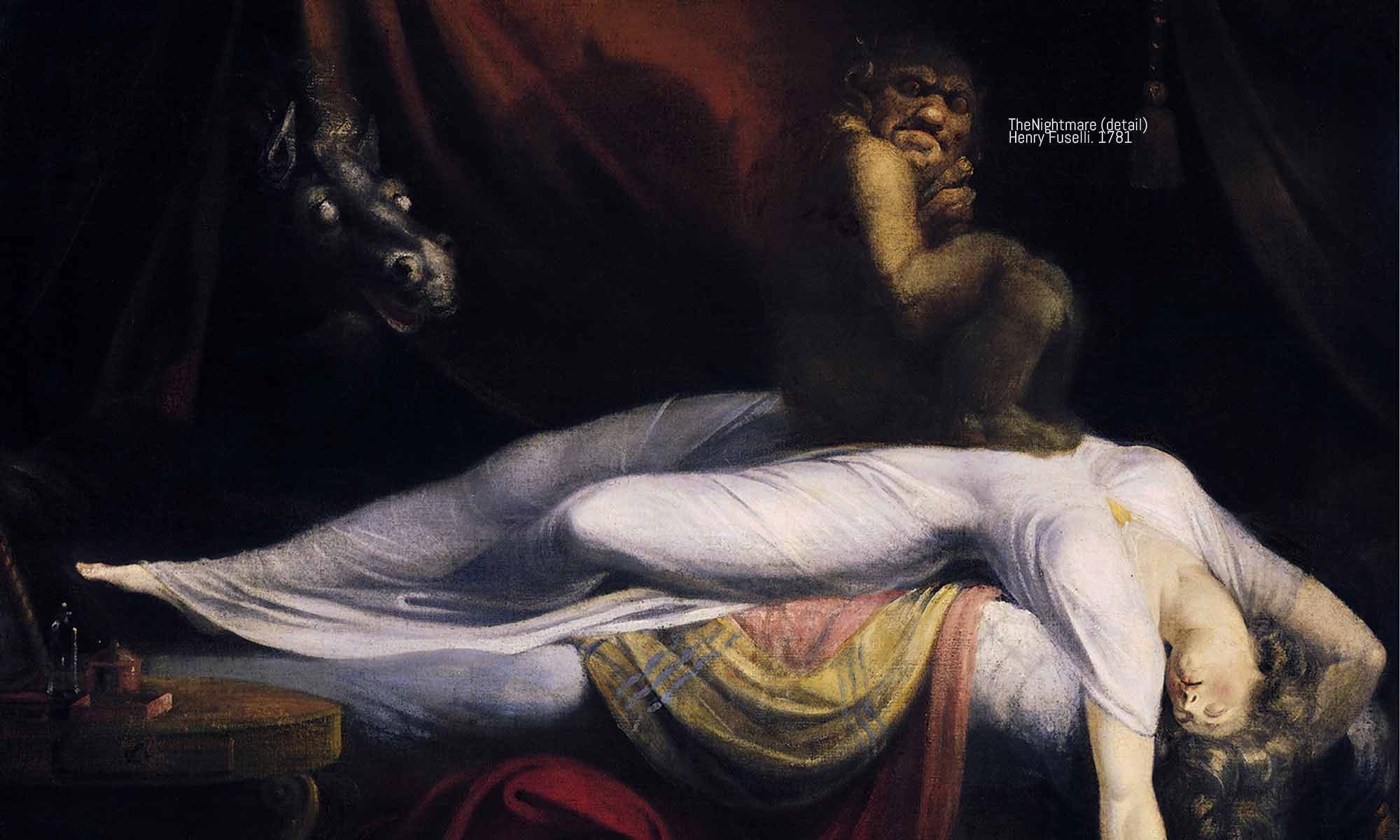What do political ideology and sleeping habits have to do with each other? Lots, as it turns out. The data below is excerpted from my book American Dreamers.
Sleep and dream poll results: Political ideology
The sleep and dream poll was designed to balance a detailed analysis of the focus group members with a demographically broader and statistically meaningful source of evidence. I wanted to generate the kind of data frequently used in mainstream political analysis and correlate it with data on sleep and dream patterns. The poll was conducted on my behalf by Greenberg Quinlan Rosner Research in August of 2007. A total of 705 American adults were contacted at home by means of random-digit dialing telephone calls. These people were demographically representative of the U.S. population in terms of age, gender, region, and political outlook. The margin of error for the overall statistical findings was plus or minus 3.7%, slightly higher for the smaller subgroups. The poll data provides two ways of looking at the sleep-dream-politics relationship. In the first, pro-Bush respondents (somewhat or strongly approving of him) were separated from the anti-Bush respondents (somewhat or strongly disapproving) and compared on the frequency of their answers to the sleep and dream questions.
Ideology x Sleep
| Liberal | Conservative | ||
| Sleep | Less than 6 hours a night | 12 | 15 |
| 6-8.9 hours a night | 82 | 80 | |
| More than 9 hours a night | 7 | 4 | |
| Insomnia | Never | 54 | 63 |
| 1-2 nights a week | 17 | 17 | |
| 3 or more nights a week | 28 | 16 |
Ideology x Dream Prototypes
| Liberal | Conservative | ||
| A person who’s now dead appearing alive | 48 | 35 | |
| Magically flying in the air | 23 | 20 | |
| Being chased or attacked | 48 | 40 | |
| Falling | 54 | 47 | |
| Sexual experiences | 47 | 38 | |
| Being in a situation exactly like your regular waking life | 58 | 56 | |
| Being aware you’re dreaming and able to control the dream | 44 | 34 | |
Chapter 1 of American Dreamers presents my interpretation of these results.
